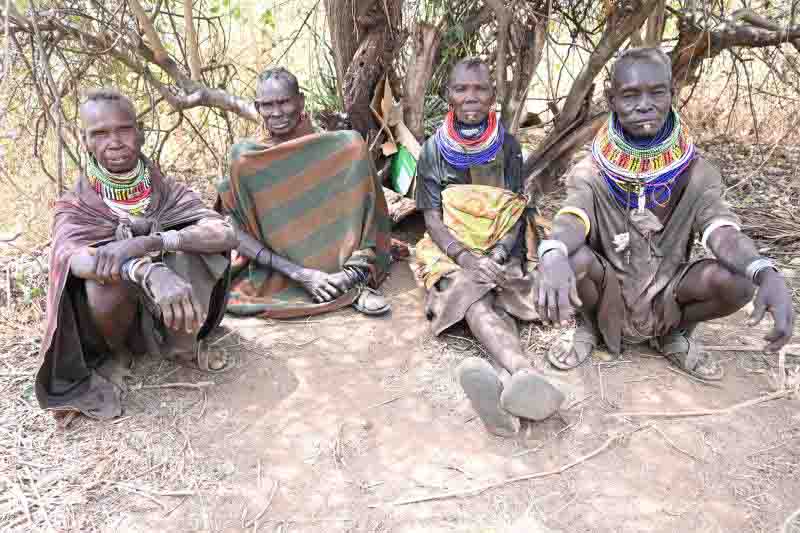
There are no words for “climate change” in the language of the Turkana people in northern Kenya, something that prompted campaigner Ikal Angelei to take a different approach when she began environmental activism.
Rather than framing climate change as a global environmental risk, Angelei explained how decreasing rainfall and parched riverbeds threatened local’s basic right to access water. “It really is the impact on people’s lives and livelihood that allows them to interact with the term climate change,” said Angelei, 41, co-founder of Friends of Lake Turkana.